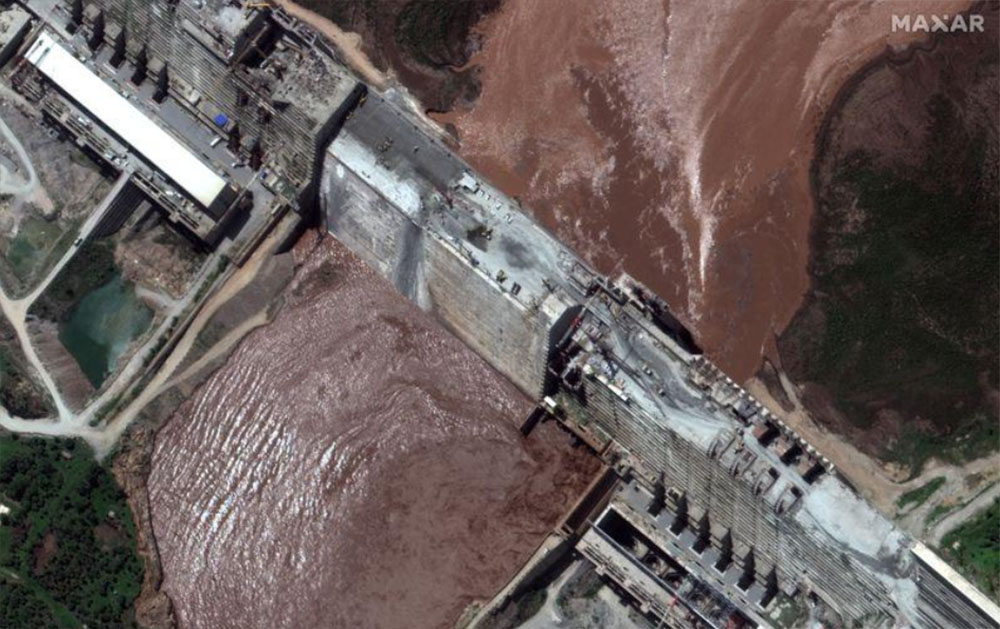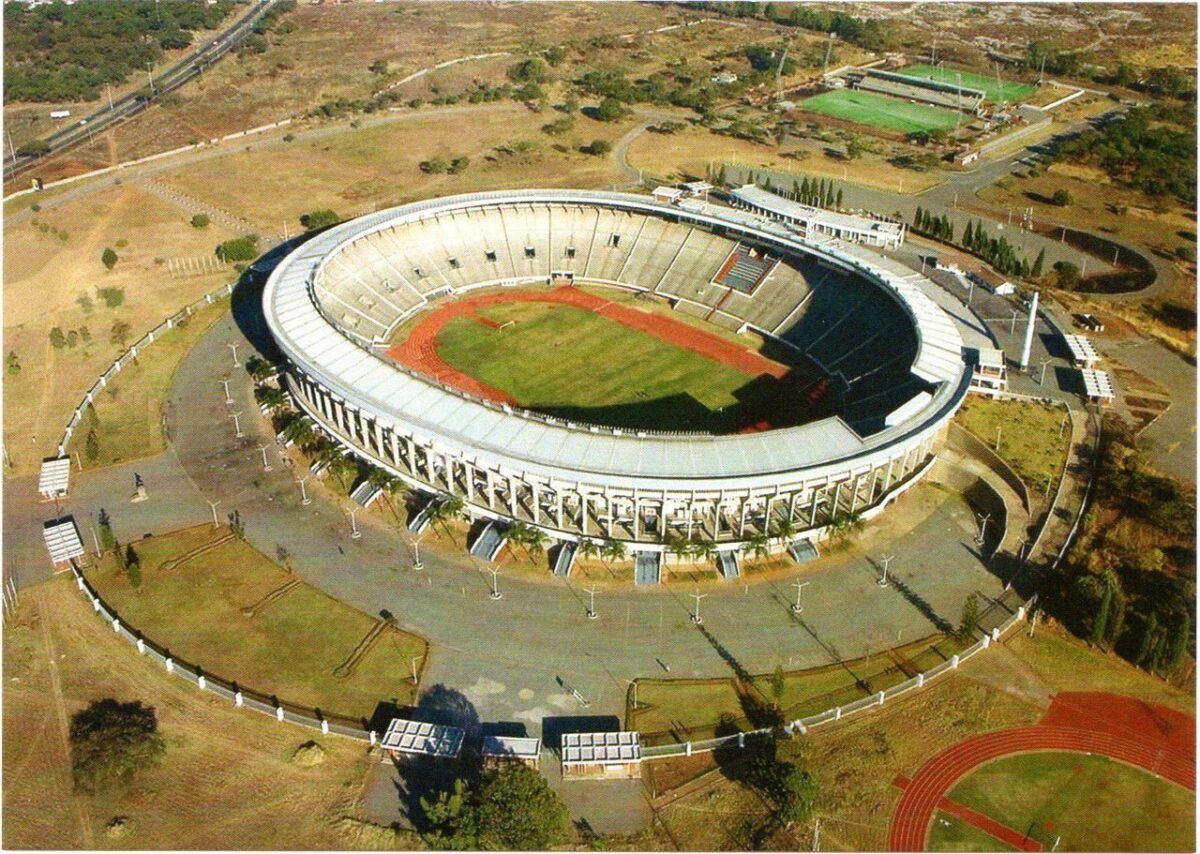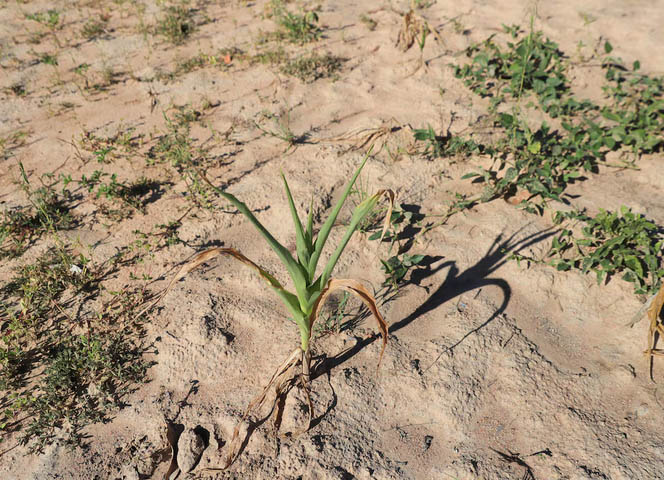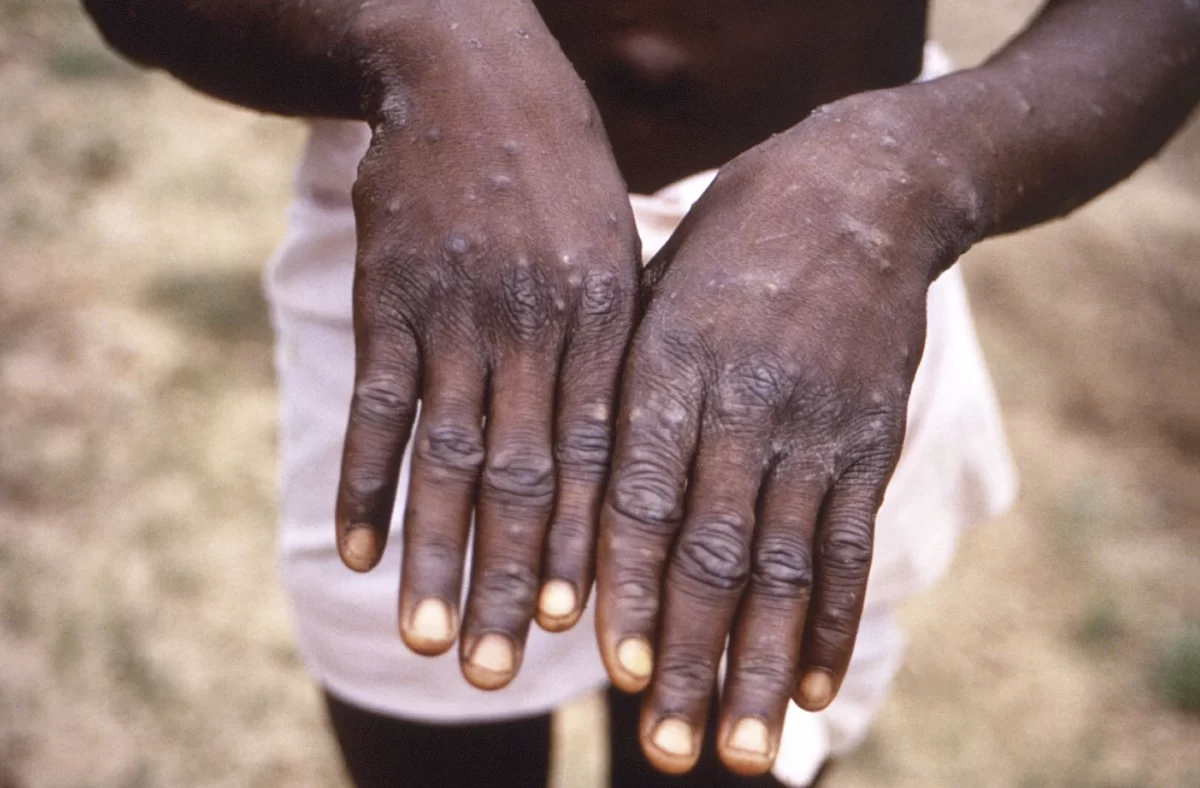ADDIS ABABA, Ethiopia – Ethiopia is venturing Africa’s largest hydroelectric power project it calls the Grand Ethiopian Renaissance Dam (GERD) with all its own financing of about US$5 billion. The project, however, remains the center of dispute with downstream countries of Sudan and Egypt.
Despite Ethiopia being adamant about its interests in building the dam saying it causes no significant harm to these countries, Egypt fears the project will allow Ethiopia to control the flow of the river. When the dam’s reservoir fills up, it will have a capacity of 74 billion cubic meters.
Last year, Egypt proposed up to 21 years to fill the dam. Ethiopia rejected this proposal and went on managing the initial filling of the reservoir during the 2020 rainy season, and wants to meet the final brim of the dam in six years’ time.
About eleven years have gone with tedious talks over the fate and filling of the GERD. With uncertainty over the fate of the current tripartite negotiations between Ethiopia, Sudan and Egypt over the filling and operation of the GERD, there is no doubt that the Nile basin has come to a point that ends an inequitable pattern of water utilisation hardly seen anywhere else.
Even after the three countries have held dozens of rounds of talks that failed to agree on how soon the GERD should be filled, many still say a solution is possible. Under the chairmanship of South African President Cyril Ramaphosa, the African Union has been seized with the dispute under its mantra of “African solutions to African problems”.
Ethiopia’s President Sahle-Work Zewde has recently visited Tanzania where she held discussion with President John Magufuli on ways for the establishment of a Nile Basin Commission. Tanzania is among the leading countries in signing the Cooperative Framework Agreement (CFA) that was developed after more than a decade of intensive work. This treaty outlines principles, rights and obligations for cooperative management and development of the Nile basin water resources.
The Nile Council of Ministers completed their negotiations of the CFA in 2007, with all but one reservation lifted. During a 2010 meeting in the Egyptian resort town of Sharm el-Sheikh, seven Nile basin countries agreed to open the treaty for signature while Egypt and Sudan rejected it. Ethiopia, Kenya, Uganda, Rwanda, Tanzania and Burundi are the countries which signed the agreement since.
The CFA envisages the establishment of a permanent institutional mechanism – the Nile River Basin Commission – that would serve to promote and facilitate the implementation of the CFA and to facilitate cooperation among the Nile Basin States in the conservation, management and development of the Nile River Basin and its waters.
The Nile Basin Initiative (NBI) was launched in 1999 with aims to reduce tensions and create a framework for equitable sharing and “cooperative development” of Nile water resources as well as reduce poverty and promote economic integration. Having been given many positive aspects with the potential to reduce a number of problems in the basin, the programme was hailed as a success story for the World Bank, which has jointly developed it with the United Nations Development Programme (UNDP) and Canadian International Development Agency (CIDA).
Although years of mistrust cannot be dismissed overnight, some remain optimistic that this dispute can be turned into an opportunity, with a certain level of political boldness and genuine support from the international community. There is no better option for the region other than believing that the Nile is shared by 11 riparian countries with burgeoning populations and economies highly dependent on agriculture. Kenya, Uganda and Tanzania have previously expressed their desire for a more equitable agreement over the use of the Nile waters, and had even asked for compensation from Egypt for its constraints on their development.
Egypt controls 66 percent of the Nile waters while Sudan gets 22 percent and nothing for Ethiopia where 85 percent of the Nile’s annual discharge originates. The significance of the Nile for Egypt is undoubted, providing over 90 percent of fresh water supply to its 102 million people. Ethiopia has long understood this situation and assured Cairo that its demand is not about casting a new set of water-hegemony but seeking for a fair and equitable utilisation of the resource.
The dispute over the GERD signifies a clash of longstanding political thought, economic interests and nationalism, and Ethiopia, with its population of 110 million people, is bargaining for “equitable utilisation” of the river.
Kiram Tadesse is East Africa affairs commentator based in Addis Ababa
















